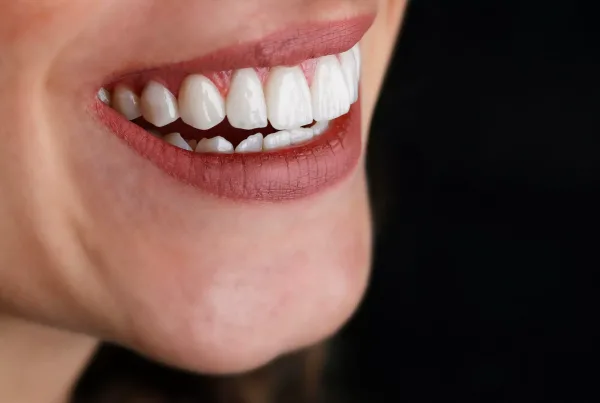“Bottle rot,” also known as “baby bottle tooth decay” or “early childhood caries,” refers to a specific type of tooth decay that affects infants and young children, often as a result of prolonged exposure to sugary liquids, such as milk, formula, fruit juices, and sweetened beverages, from bottles or sippy cups. This condition primarily affects the front teeth but can also impact other teeth.
Here’s how bottle rot is formed:
- Prolonged Exposure to Sugary Liquids: When sugary liquids are consumed and remain in contact with the teeth for extended periods, they create an environment conducive to the growth of bacteria. The bacteria feed on the sugars and produce acids that can erode tooth enamel, leading to decay.
- Sleeping with Bottles: One common scenario that leads to bottle rot is allowing a child to fall asleep with a bottle filled with sugary liquids. During sleep, the natural flow of saliva decreases, and the liquids pool around the teeth, promoting bacterial growth and enamel erosion.
- Frequent Snacking on Sugary Foods: Offering sugary snacks frequently throughout the day can contribute to prolonged exposure to sugars and acids, increasing the risk of tooth decay.
- Lack of Oral Hygiene: Infants and young children may not have their teeth brushed regularly, and this lack of oral hygiene can exacerbate the risk of tooth decay.
- Early Exposure to Sugars: Introducing sugary foods and drinks at an early age can increase the likelihood of developing a preference for sweet flavors and habits that contribute to tooth decay.
Bottle rot can lead to serious dental problems, including pain, infection, and damage to the child’s developing teeth. It’s important to take preventive measures to avoid bottle rot:
- Avoid Sugary Liquids at Bedtime: Never put a child to bed with a bottle filled with sugary liquids. If a child needs a bottle to sleep, fill it with water instead.
- Limit Sugary Drinks: Avoid giving young children sugary juices and beverages in bottles or sippy cups. Encourage drinking water and milk instead.
- Practice Good Oral Hygiene: Begin cleaning an infant’s gums with a damp cloth before teeth erupt, and once teeth come in, start brushing with a soft-bristle toothbrush and a tiny amount of fluoride toothpaste.
- Regular Dental Check-ups: Schedule the child’s first dental visit shortly after the first tooth appears or by the age of one. Regular dental check-ups can help monitor oral health and catch potential issues early.
- Encourage Healthy Snacking: Choose healthy snacks like fruits, vegetables, and dairy products. Limit sugary snacks and treats.
By following these preventive measures and practicing good oral hygiene from an early age, you can help protect your child’s teeth from the risk of bottle rot and promote a lifetime of healthy oral habits.





